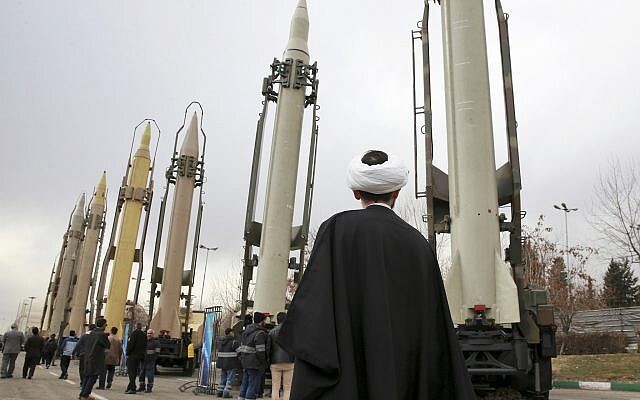Getting your Trinity Audio player ready...
U.S. President-elect Joe Biden's choice to be secretary of state, Antony Blinken, on Tuesday threw his support behind a two-state solution between Israel and the Palestinians but doubted near-term prospects for such a deal.
Outgoing president Donald Trump staunchly supported Israel and sought to isolate the Palestinian leadership, giving support only for a limited, demilitarized state.
3 View gallery


U.S. President-elect Joe Biden's choice to be secretary of state, Antony Blinken
(Photo: Reuters)
"The only way to ensure Israel's future as a Jewish, democratic state and to give the Palestinians a state to which they are entitled is through the so-called two-state solution," Blinken said at his confirmation hearing before the Senate Foreign Relations Committee.
But he added: "I think realistically it's hard to see near-term prospects for moving forward on that."
"What would be important is to make sure that neither party takes steps that make the already difficult process even more challenging," he said.
The Palestinian Authority refused contact with Trump, saying he showed bias toward Israel with major steps such as moving the U.S. embassy to contested Jerusalem.
Regarding the embassy and the outgoing president's recognition of the city as Israel's capital, Blinken said Biden will keep both decisions in place.
Asked by Senator Ted Cruz if the United States would continue Trump's policies on both points, Blinken said without hesitation, "Yes and yes."
He also said that the new administration will come back into a nuclear accord with Iran if it returns to compliance, and Washington will eventually seek a stronger deal of greater duration.
Biden "believes that if Iran comes back into compliance, we would too," Blinken said.
3 View gallery


An Iranian clergyman looks at domestically built surface to surface missiles displayed at Imam Khomeini Grand Mosque in Tehran, Iran
(Photo: AP)
"But we would use that as a platform with our allies and partners, who would once again be on the same side with us, to seek a longer and stronger agreement," he said.
A new agreement could address Iran's "destabilizing activities" in the region as well as its missiles.
"Having said that, I think we're a long way from there," Blinken said, adding that he would watch for Iran's next steps.
Trump bolted from an agreement negotiated under his predecessor Barack Obama under which Iran was promised sanctions relief in return for scaling back its nuclear program dramatically.
Blinken said that the agreement had been succeeding, pointing to assessments that Iran was now three to four months away from enough material for a nuclear bomb, as opposed to more than a year earlier.


